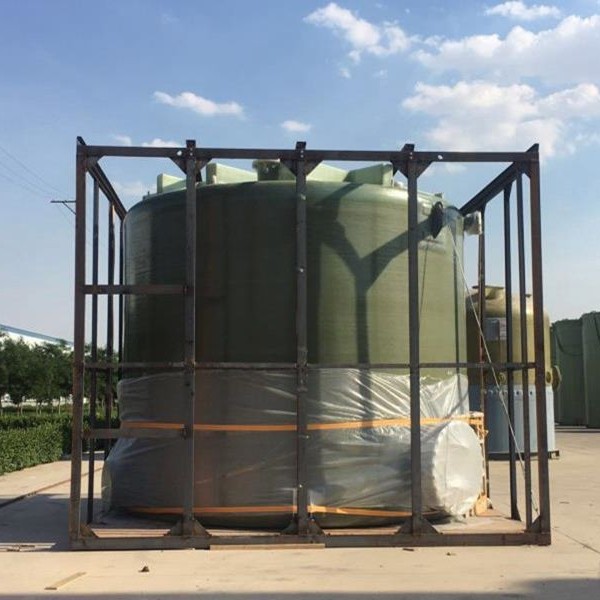
-
 Afrikaans
Afrikaans -
 Albanian
Albanian -
 Amharic
Amharic -
 Arabic
Arabic -
 Armenian
Armenian -
 Azerbaijani
Azerbaijani -
 Basque
Basque -
 Belarusian
Belarusian -
 Bengali
Bengali -
 Bosnian
Bosnian -
 Bulgarian
Bulgarian -
 Catalan
Catalan -
 Cebuano
Cebuano -
 China
China -
 China (Taiwan)
China (Taiwan) -
 Corsican
Corsican -
 Croatian
Croatian -
 Czech
Czech -
 Danish
Danish -
 Dutch
Dutch -
 English
English -
 Esperanto
Esperanto -
 Estonian
Estonian -
 Finnish
Finnish -
 French
French -
 Frisian
Frisian -
 Galician
Galician -
 Georgian
Georgian -
 German
German -
 Greek
Greek -
 Gujarati
Gujarati -
 Haitian Creole
Haitian Creole -
 hausa
hausa -
 hawaiian
hawaiian -
 Hebrew
Hebrew -
 Hindi
Hindi -
 Miao
Miao -
 Hungarian
Hungarian -
 Icelandic
Icelandic -
 igbo
igbo -
 Indonesian
Indonesian -
 irish
irish -
 Italian
Italian -
 Japanese
Japanese -
 Javanese
Javanese -
 Kannada
Kannada -
 kazakh
kazakh -
 Khmer
Khmer -
 Rwandese
Rwandese -
 Korean
Korean -
 Kurdish
Kurdish -
 Kyrgyz
Kyrgyz -
 Lao
Lao -
 Latin
Latin -
 Latvian
Latvian -
 Lithuanian
Lithuanian -
 Luxembourgish
Luxembourgish -
 Macedonian
Macedonian -
 Malgashi
Malgashi -
 Malay
Malay -
 Malayalam
Malayalam -
 Maltese
Maltese -
 Maori
Maori -
 Marathi
Marathi -
 Mongolian
Mongolian -
 Myanmar
Myanmar -
 Nepali
Nepali -
 Norwegian
Norwegian -
 Norwegian
Norwegian -
 Occitan
Occitan -
 Pashto
Pashto -
 Persian
Persian -
 Polish
Polish -
 Portuguese
Portuguese -
 Punjabi
Punjabi -
 Romanian
Romanian -
 Russian
Russian -
 Samoan
Samoan -
 Scottish Gaelic
Scottish Gaelic -
 Serbian
Serbian -
 Sesotho
Sesotho -
 Shona
Shona -
 Sindhi
Sindhi -
 Sinhala
Sinhala -
 Slovak
Slovak -
 Slovenian
Slovenian -
 Somali
Somali -
 Spanish
Spanish -
 Sundanese
Sundanese -
 Swahili
Swahili -
 Swedish
Swedish -
 Tagalog
Tagalog -
 Tajik
Tajik -
 Tamil
Tamil -
 Tatar
Tatar -
 Telugu
Telugu -
 Thai
Thai -
 Turkish
Turkish -
 Turkmen
Turkmen -
 Ukrainian
Ukrainian -
 Urdu
Urdu -
 Uighur
Uighur -
 Uzbek
Uzbek -
 Vietnamese
Vietnamese -
 Welsh
Welsh -
 Bantu
Bantu -
 Yiddish
Yiddish -
 Yoruba
Yoruba -
 Zulu
Zulu
fiberglass chemical tank
Fiberglass Chemical Tanks An Overview
In the realm of industrial storage solutions, fiberglass chemical tanks have emerged as a highly efficient and reliable option for the containment of various chemicals. These tanks are made from a composite material that combines glass fibers with a resin, resulting in a product that is not only lightweight but also remarkably durable. As industries increasingly prioritize safety, cost-effectiveness, and sustainability, fiberglass chemical tanks have gained traction for their numerous advantages.
One of the primary benefits of fiberglass chemical tanks is their excellent resistance to corrosion
. Unlike traditional steel tanks, which can corrode over time when exposed to corrosive chemicals, fiberglass tanks maintain their integrity and performance, even in harsh environments. This characteristic is crucial for industries such as chemical processing, wastewater treatment, and oil and gas, where chemicals can pose significant risks to equipment and personnel.The manufacturing process of fiberglass tanks involves advanced techniques that ensure uniform thickness and structural integrity. This consistency is vital for meeting the stringent regulatory requirements often associated with chemical storage. Moreover, fiberglass tanks can be molded into various shapes and sizes, allowing for customization to fit specific space and operational needs. Whether for large-scale industrial applications or smaller facilities, fiberglass tanks can be engineered to meet diverse requirements.
fiberglass chemical tank

Another significant advantage is the impact resistance of fiberglass tanks. These tanks can withstand physical stress and are less likely to crack or break compared to other materials. This durability makes them ideal for locations that might experience environmental stressors, such as extreme temperatures or seismic activity.
Installation and maintenance of fiberglass chemical tanks are also relatively straightforward. Their lightweight nature allows for easier transportation and installation, reducing labor costs and time. Additionally, fiberglass tanks require minimal maintenance due to their corrosion-resistant properties, further enhancing their cost-effectiveness over time.
Environmental considerations are increasingly influencing industrial practices. Fiberglass chemical tanks contribute positively to sustainability efforts as they are often manufactured using processes that minimize waste and energy consumption. Furthermore, they are fully recyclable, helping companies align with green initiatives and reduce their overall environmental footprint.
In conclusion, fiberglass chemical tanks represent a superior choice for safe and effective chemical storage. Their corrosion resistance, durability, customization options, and low maintenance requirements position them as a preferred solution across various industries. As companies continue to seek innovative and responsible ways to manage their chemical storage needs, fiberglass tanks stand out as a forward-thinking option that meets both operational and environmental goals. Whether for large-scale chemical processing facilities or smaller operations, the adoption of fiberglass chemical tanks is likely to grow, marking a significant step towards safer and more efficient industrial practices.
Latest news
-
Exploring the Benefits of Top Hammer Drifter Rods for Enhanced Drilling PerformanceNewsJun.10,2025
-
High-Precision Fiberglass Winding Machine for GRP/FRP Pipe Production – Reliable & Efficient SolutionsNewsJun.10,2025
-
FRP Pipes & Fittings for Shipbuilding - Corrosion-Resistant & LightweightNewsJun.09,2025
-
Premium FRP Flooring Solutions Durable & Slip-ResistantNewsJun.09,2025
-
Premium Fiberglass Rectangular Tanks Durable & Lightweight SolutionNewsJun.09,2025
-
Tapered Drill String Design Guide Durable Performance & UsesNewsJun.09,2025









